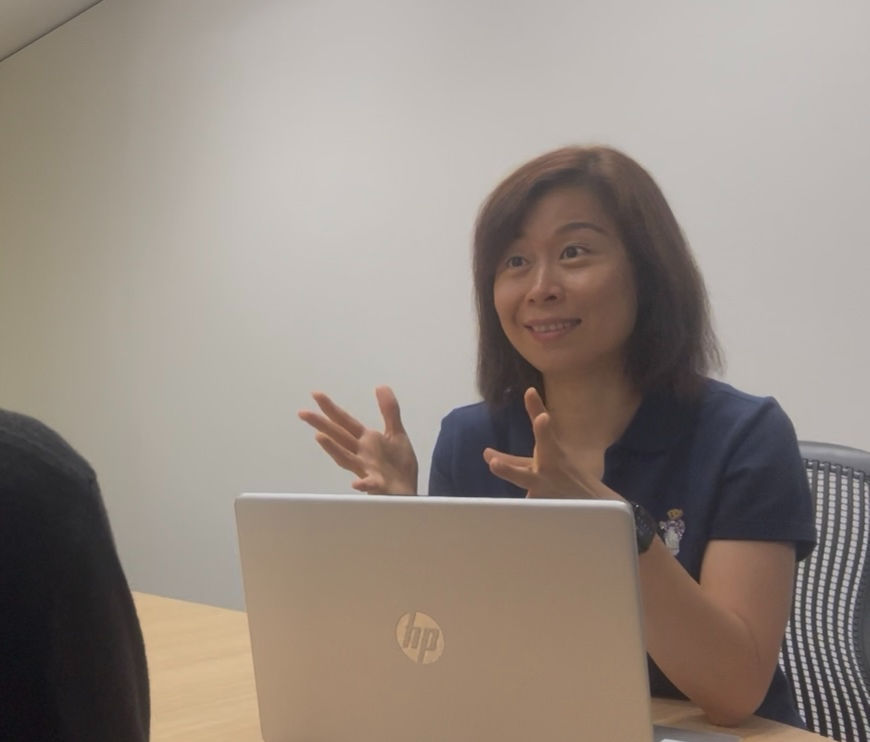Why Learning English from a Non-Native Teacher Works So Well
- Phoebe Han
- Sep 1, 2025
- 4 min read

When people think about learning English, they often imagine studying with a native speaker from an English-speaking country. While that can be helpful, it’s not the only path-and sometimes, it’s not even the best one. In fact, there are strong science-backed reasons why learning English from a non-native teacher can be just as effective, and in many cases even better.
If you’re learning English as a second language, this should be encouraging news: you don’t need the “perfect native” teacher to make progress. A teacher who once learned English just like you may have exactly the skills you need to succeed.
One of the biggest advantages is that non-native teachers understand the learner’s journey in a personal way. They remember what it felt like to struggle with irregular verbs, confusing prepositions, or the difference between “a” and “the.” Because they went through these challenges themselves, they can anticipate where learners often get stuck and offer practical ways to move forward. This shared experience creates a bond between teacher and student. Instead of feeling judged, you feel supported, and you know that your teacher understands the frustration of forgetting a word mid-sentence or mixing up tenses.
Another strength lies in grammar and structure. Native speakers often use correct grammar automatically, without ever thinking about the rules. When asked why we say “interested in” instead of “interested on,” they might simply reply, “Because it sounds right.” That kind of explanation isn’t very useful to learners. Non-native teachers, on the other hand, had to study grammar systematically, step by step. They learned the rules, the patterns, and the exceptions, which gives them a clearer and more conscious understanding of grammar. They can explain not only what is correct but also why it is correct, often in very simple, learner-friendly terms.
Along with this knowledge comes a focus on practical learning strategies. Native speakers acquire their first language through immersion-listening, repeating, and absorbing-but adults learning a new language often need more than just exposure. Non-native teachers usually use proven techniques like pattern recognition, scaffolding, and memory tools. These strategies break the learning process into smaller, manageable steps and make it easier to remember and use new language in real situations.
Because they had to ask the same questions themselves, non-native teachers are also skilled at offering clear and accessible explanations. Imagine asking why we say “I look forward to meeting you” instead of “I look forward to meet you.” A native speaker might shrug and say, “That’s just how we say it.” A non-native teacher knows the rule, has studied it, and can explain it in a way that makes sense. They often use relatable comparisons, examples, and stories that make tricky points easier to grasp.
Beyond explanations, there’s also the matter of empathy. Learning a language is not just about memorizing grammar and vocabulary; it’s also about managing feelings of confidence, motivation, and sometimes embarrassment. Non-native teachers know what it feels like to mispronounce a word, to get stuck in the middle of a sentence, or to make the same mistake again and again. Because they’ve been there, they usually show more patience and understanding. Instead of correcting you harshly, they might say, “I used to make the same mistake. Here’s how I fixed it.” That kind of encouragement can lower anxiety and make learning much more enjoyable.
Pronunciation is another area where non-native teachers can be surprisingly helpful. Native speakers often talk quickly, drop sounds, or use slang and idioms that make their speech difficult to follow, especially for beginners. Non-native speakers, by contrast, tend to enunciate more clearly and avoid heavy slang. Their pronunciation is often easier to model, which makes it simpler for learners to copy and improve their own speaking skills. Later, as your English gets stronger, you can challenge yourself with native accents, but in the early stages, clarity is much more useful.
There’s also a powerful motivational factor. Seeing a teacher who has mastered English as a second language shows you that it’s possible. Instead of seeing English as something only native speakers can master, you see a living example of success right in front of you. Many non-native teachers share their own stories-the methods they used, the mistakes they made, the habits that helped them improve-which provides learners with real, practical guidance and inspiration.
If your teacher speaks your first language, learning becomes easier. They can show the differences between languages and explain why English uses tenses like “I eat,” “I ate,” and “I have eaten.” These comparisons make grammar clearer and faster to understand.
Non-native teachers also see common mistakes quickly. French speakers may drop the “h” sound, and Japanese speakers may forget plurals. A teacher who knows your language can correct these errors before they become habits.
So should you always choose a non-native teacher over a native one? Not necessarily. Native speakers bring authentic accents, cultural knowledge, and exposure to natural expressions, which are valuable in their own right. But for many learners, especially beginners and intermediate students, the strengths of non-native teachers-empathy, clear explanations, practical strategies, and relatable role modelling-are often exactly what you need.
At the end of the day, learning English is not about finding the “perfect” teacher; it’s about finding the right teacher for you. If that person happens to be a non-native speaker, you can feel confident that you’re in good hands. They’ve been where you are now. They know the struggles, they know the solutions, and their very presence proves that success is possible.
The next time someone tells you that only native speakers can teach English well, remember that research and experience say otherwise. A non-native teacher might not only understand you better, but also guide you more effectively on your journey to fluency.


Comments